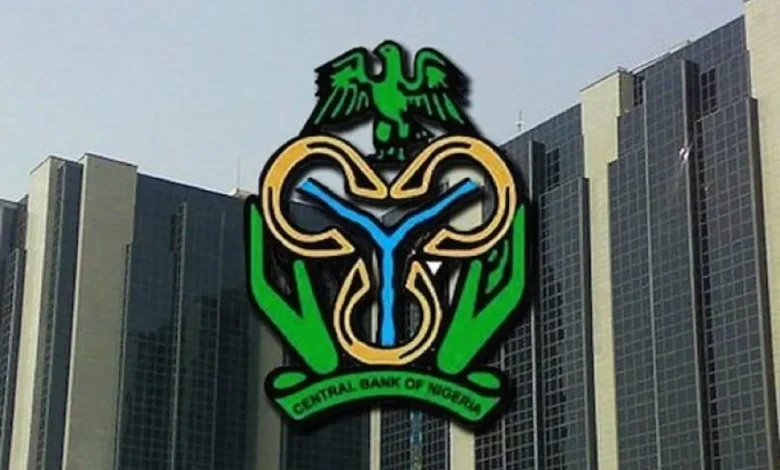
Nigeria’s currency in circulation (CIC) dropped to ₦5 trillion in March 2025, reflecting the Central Bank of Nigeria’s (CBN) continued monetary tightening efforts aimed at controlling inflation and managing liquidity within the economy.
According to the CBN’s latest data, this represents a 0.79% decline month-on-month from ₦5.04 trillion in February and a more significant fall from ₦5.24 trillion recorded in January. In total, the first quarter of 2025 saw a ₦240 billion reduction in circulating cash, translating to a 4.58% cumulative decline.
Currency in circulation refers to physical cash banknotes and coins used for transactions by the public and businesses, excluding funds held by banks or within the banking system.
Banks’ Reserves Climb to ₦28.5 Trillion
In contrast to the reduction in CIC, commercial banks’ reserves with the CBN saw a notable increase. Reserves rose to ₦28.5 trillion in March, up from ₦27.6 trillion in February and ₦27.43 trillion in January.
Analysts say the uptick in reserves may be linked to higher deposit inflows, restricted liquidity conditions, or heightened compliance with the Cash Reserve Ratio (CRR) a regulatory requirement that mandates banks to keep a portion of their deposits with the central bank.
The rise in reserves also points to a deliberate move by the CBN to mop up excess liquidity, part of broader efforts to curb inflation and stabilise the naira.
Policy Shifts and Digital Reforms Underway
These developments come as the CBN maintains a hawkish monetary policy stance, characterized by higher interest rates and liquidity tightening. The combination of reduced physical cash in circulation and rising bank reserves suggests the apex bank is recalibrating money supply metrics to improve macroeconomic stability.
In January 2025, the CBN also rolled out a new naira payment system for Ministries, Departments, and Agencies (MDAs). The solution is aimed at improving payment turnaround times by 70%, and forms part of the Bank’s broader “Digital First” initiative a reform agenda launched in December 2023 under the leadership of CBN Governor Olayemi Cardoso to modernise the Bank’s operations and enhance transparency in public finance.





